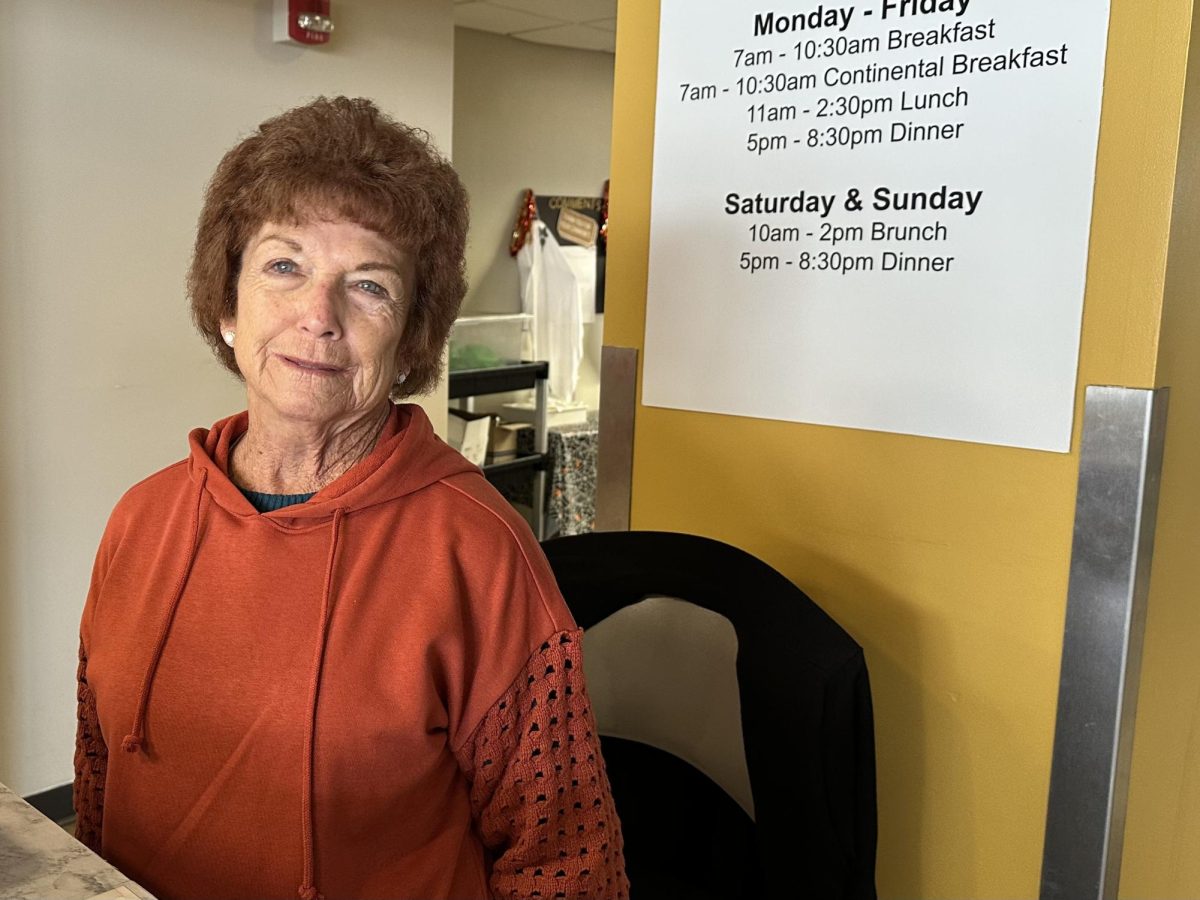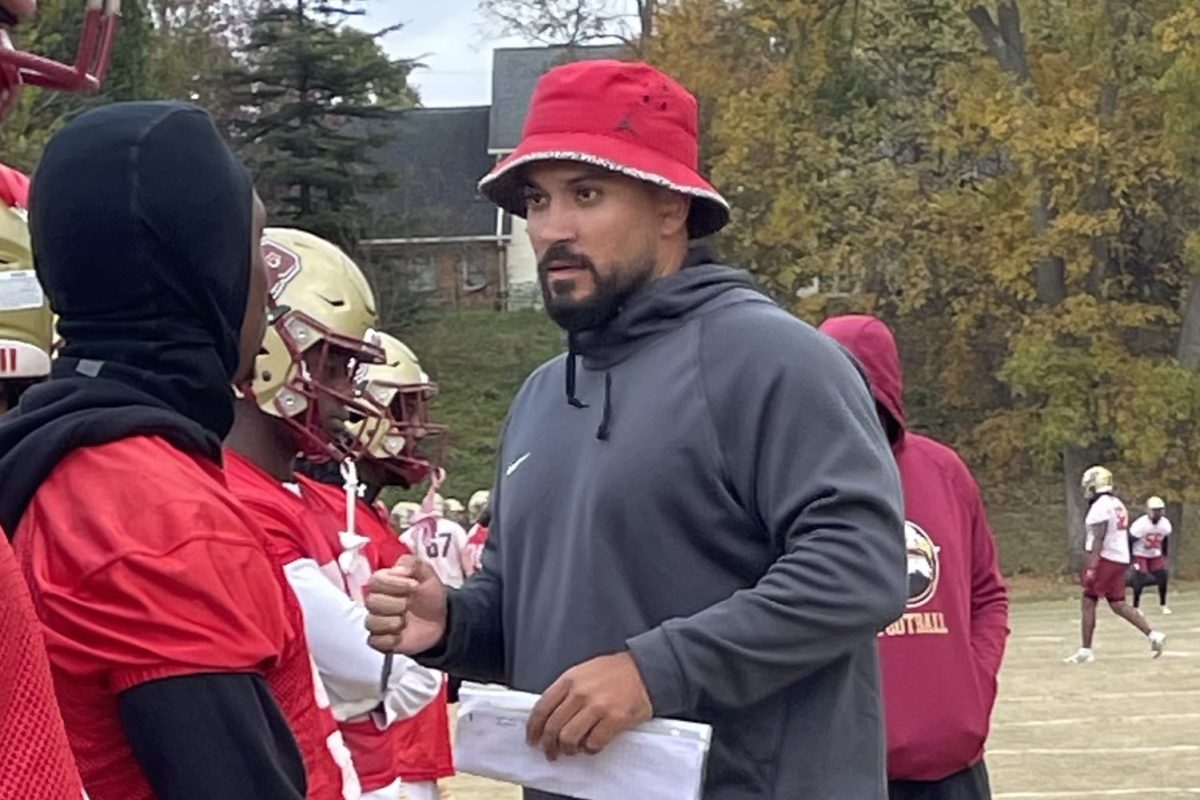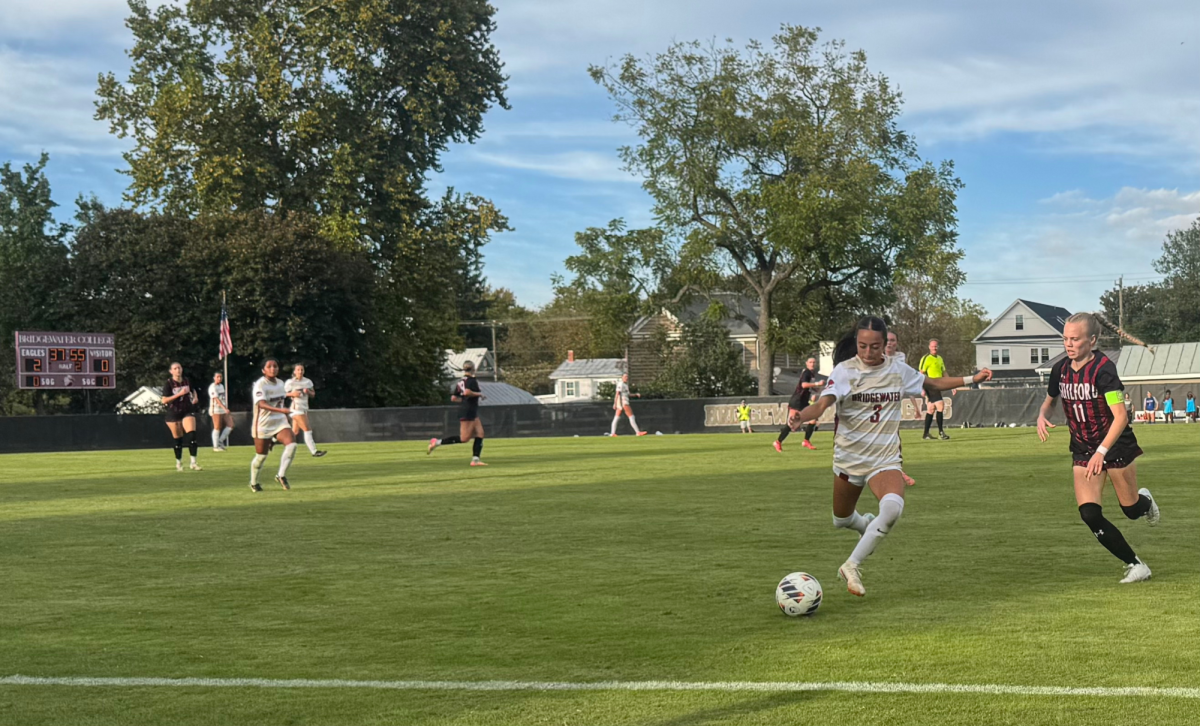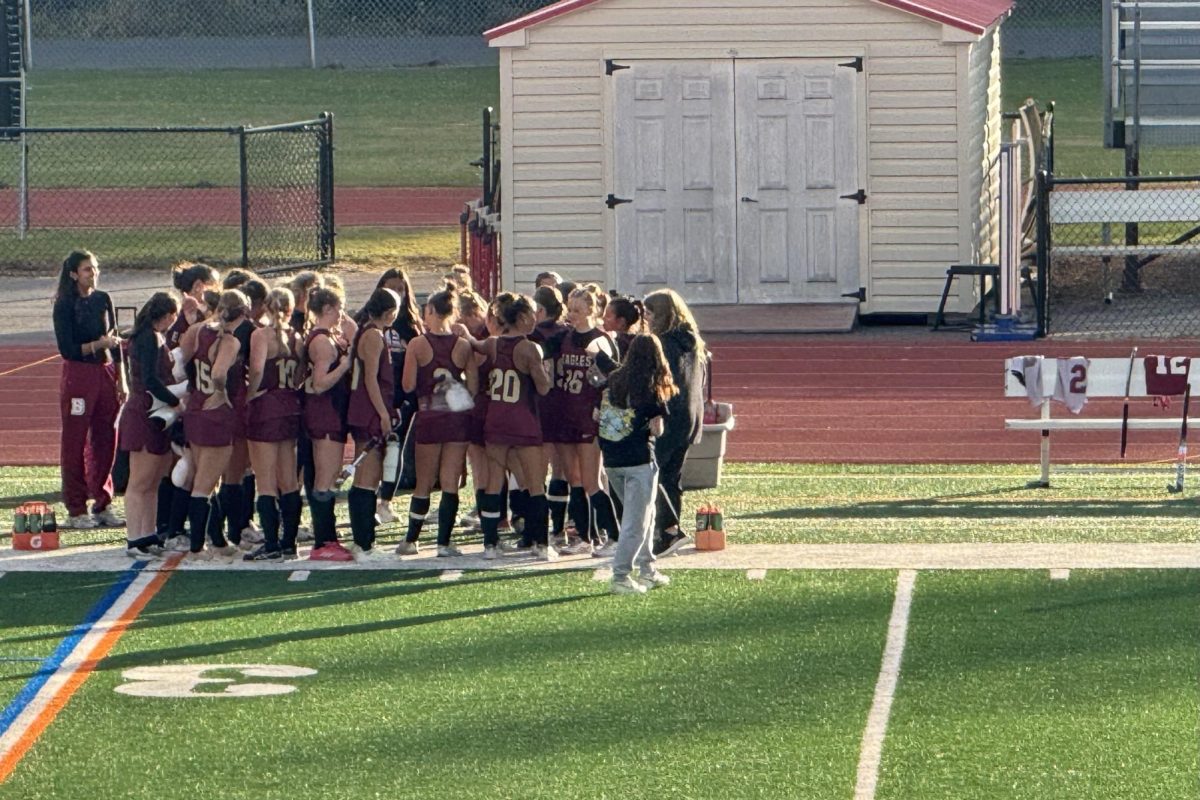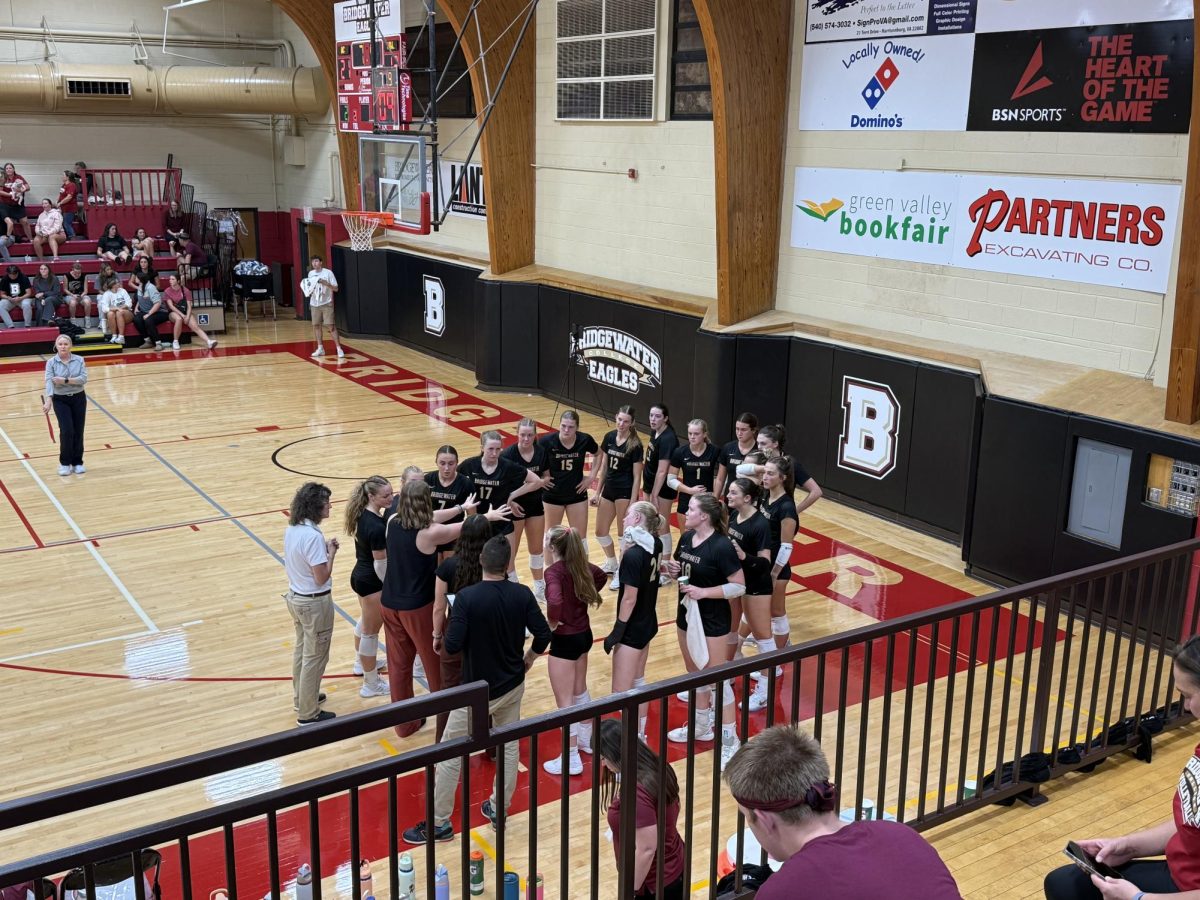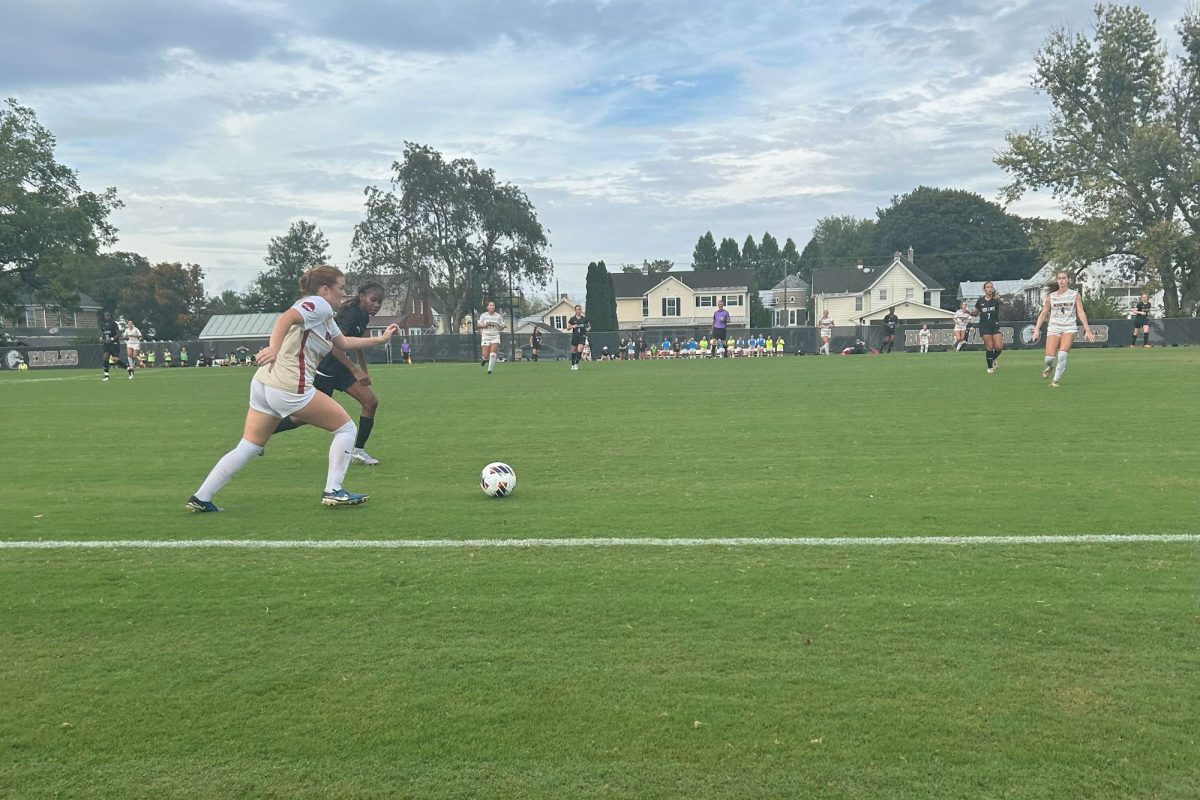Task Forces Work Begins on Strategic Resource Allocation
An Interview with Task Force Chairs
February 21, 2020
Bridgewater, Va. – Bridgewater College has named the task forces to complete strategic resource allocation. This process will evaluate all programs and make recommendations for how the college can more effectively spend revenue.
The task forces are separated into two categories. One task force will evaluate academic programs and the other task force will focus on support functions.
Support functions refer to everything that is not an academic program such as theatre productions, sports, Student Life, finance, IT, the library—essentially anything that does not have credit hours.
To choose the task force members, nominations were opened to all faculty and staff in the end of January. From those nominations, the administration chose and appointed members.
Between the two groups, there is one representative from every faculty area and each academic division.
Each task force has three types of members. There are the task force members, the chairs of the task force and the administrative lead of the task force referred to as the champion.
The task forces make recommendations to the administration, so the champion of each task force serves as the point of contact between the task force and the administration.
The chairs of each task force help facilitate communication and decision making and were nominated by the members of each task force.
Task Force Members
The academic task force, led by Provost Sevick, selected Dr. Melanie Laliker, professor of communication studies, and Dr. Benjamin Albers, associate professor of sociology, as the chairs of its task force.
The other members of the academic task force are Ron Alabanza (practitioner in residence art), Kim Bolyard (associate professor biology), Christine Carrilllo (associate professor music), David Huffman (associate professor economics and business) Verne Leininger (associate professor math and computer science), Jenny Martin (assistant professor education), Alma Ramirez-Trujillo (assistant professor world languages and culture) and Randy Young (associate professor psychology).
The support functions task force is led by Anne Keeler, the vice president for finance and treasurer for Bridgewater College.
The support function task force nominated Dr. Carol Scheppard, professor of philosophy and religion, and Neal Rittenhouse, associate dean of students and psychologist, as the chairs of its task force.
The other members of the support functions task force are Skip Burzumato (instructor sociology), Kristen Crickenberger (applications manager admissions), Alan Eby (professor psychology), Milton Franklin (chief of campus police), Emily Goodwin (instructional designer IT), Heather Grant (associate athletic director for sports medicine and performance), Robbie Kuykendall (grounds equipment operations supervisor facilities), Joe Meslovich (network administrator and IT security officer), Penny Reardon (director of finance and budget), Meg Riner (senior director of development) and Olivia Shifflett (communications manager marketing and communications).
Training Process
In the beginning of February, the task forces underwent training with consultant Larry Goldstein, president of Campus Strategies, LLC, before beginning their first tasks in the SRA process.
Each task force had one day of training separately and then came together for a second day of training.
According to Laliker and Albers, the academic task force went through a series of activities and discussions about dividing the work for SRA.
“We spent a fair amount of time talking about group process in those trainings,” said Albers. “We set ground rules for the task force, identified personality styles and the roles to which people might be suited within committee work and focused on how to make decisions.”
Scheppard said in the training sessions there were “some values testing, getting to know each other in terms of our operational styles and how we like meetings to run because we’re going to be a tight committee doing a lot of work together.”
The task forces also focused on the “institutional perspective” of Bridgewater College, including the values that Bridgewater represents.
“When we’re serving on these task forces, we’re not serving as, in this case, the chair of sociology or communication,” said Albers. “We are serving as stewards of the institution.”
The first job of the task forces is to develop a template, and the criteria within it, that is going to be used for “all programs to fill out to tell us about themselves.” This process has already started.
“The task forces are going to train other people on campus about how to fill out the templates,” Laliker said.
Subcommittees within the academic task force are evaluating different aspects of programs including the data of programs, the values of Bridgewater College and drafting templates by looking at how other schools created their templates.
The criteria included in the template is still being finalized, but common criteria includes “the size and scope of a program, its internal and external demand, history of the program and its possibilities for further development.”
Once the template is done, three pilot programs will fill out the template and give their feedback on it. Next, there will be a final draft with a period of public comment.
The schedule is for every program to complete the template by the summer. The next step is to divide the programs into one of the five quintiles, which will range from those programs that need more funding to some programs that will be candidates to be phased out.
“The job of the task forces is to review the templates and read the weights to give a report so then the administration can look at the report to make decisions on what they are going to do,” said Scheppard.
Faculty Demand
Laliker and Albers want to assure students that classes continue to be the first priority for the faculty members on the academic task force.
“Classes, meeting with our students and office hours are our first priority,” said Laliker. “Next to that is this process. We can’t promise class won’t be cancelled but we’re going to do our best not to do so.”
Scheppard also reiterated this in saying “This will be on our own time. Students shouldn’t feel the impact of it like they did with having class canceled for training.”
The academic task force has met on weekday evenings.
“I have been really impressed with people’s dedication for doing a good job, the way they care about Bridgewater College and the work we all do. I think people understand that it will be a lot of hard work but it is important work,” said Scheppard. “I was impressed with my colleagues at the training sessions, the quality of interaction and the honesty and integrity everyone is bringing to the process.”
According to Laliker and Albers, the SRA process is a “responsible decision” to make sure Bridgewater College is planning for the future.
“The college is in a good position,” said Laliker. “It’s responsible of the administration to look ahead to figure out how we can stay in a good position.”
Scheppard said, “The core values of Bridgewater College are readily known and honored by everyone. This is not going to be something that makes us something we’re not—just hopefully a better version of what we are.”
Rittenhouse, Scheppard’s co-chair, did not respond to a request for comments by time of publication.



